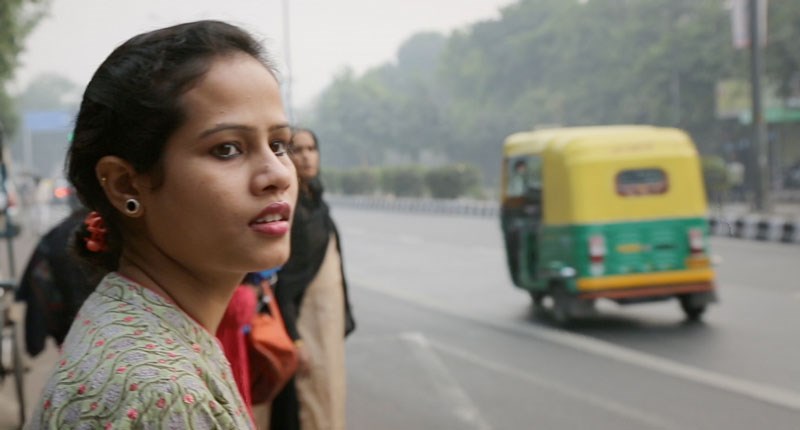Filmmaker Deepa Mehta has never shied away from controversial, complex, or otherwise complicated topics.
Mehta’s previous films have tackled misogyny and ostracism (Water), homosexuality (Fire), religious intolerance (Earth), and organized crime in the Indo-Canadian community (Beeba Boys) – and she’s received critical acclaim and numerous awards for her efforts, including a Governor General's Lifetime Artistic Achievement Award for Film and an appointment to the Order of Canada.
With her latest film, Anatomy of Violence – which had its Western Canadian premiere this past weekend at the Whistler Film Festival – the writer and director takes a sharp look at the rape culture that seemingly permeates modern-day India.
Based on the true incident from 2012 in which a young woman was gang-raped inside a bus in New Delhi, Mehta and 11 actors collaborated on a fictional dramatization that focuses on the lives, values, and poverty of the rapists.
“If you keep on looking at the rapists as just monsters, they become the other; but if you look at them as a part of society with the lens of humanity, then actually we have control,” Mehta tells Reel People, between screenings at the Whistler Film Festival, where the Toronto resident served as head of the Borsos Competition for Best Canadian Feature Film jury.
Mehta was in Delhi in December 2012 when the world first learned about the horrific gang rape of 23-year-old physiotherapy student Jyoti Singh. The attack ultimately claimed the young woman’s life and compelled tens of thousands of Delhi residents into the streets to protest systemic misogyny and violence against women.
Mehta was one of the protestors.
“I felt it was horrific and it was brutal, and I didn’t think about making a film at that point. That was the last thing in my mind,” she says. “It took about three years to actually look back at it, because I didn’t want to revictimize the victim. That was extremely important. And why would I want to make the film? I had to be very clear of that in my own head.”
But Mehta wanted to “widen the dialogue.”
“It has to be about prevention,” she explains. “It’s really important that we just don’t stick to monsters and victims. We have to talk about how it keeps on happening.”
Thus, Anatomy of Violence seeks to understand the confluence of events and factors that create perpetrators of sexual violence.
“You have patriarchy, you have misogyny, you have gender inequality, you have a guy just using physical power – and having the permission somewhere feeling that he can do it,” says Mehta, whose film does not depict the rape out of respect for the victim. “It’s not that he had a genetic monster gene. He’s somebody’s son. He’s somebody’s brother. And he is what he is because it made him like that.
“It’s not that he’s not accountable for what he’s done, because of course he is,” she continues, “and it’s brutal and it’s horrible and of course he should be punished. But the point is how do we stop it in the future? How are you going to stop a little rapist being actually nurtured?
“The conversation has started. If we start the conversation, then there’s hope.”
For more about Anatomy of Violence, click here.


